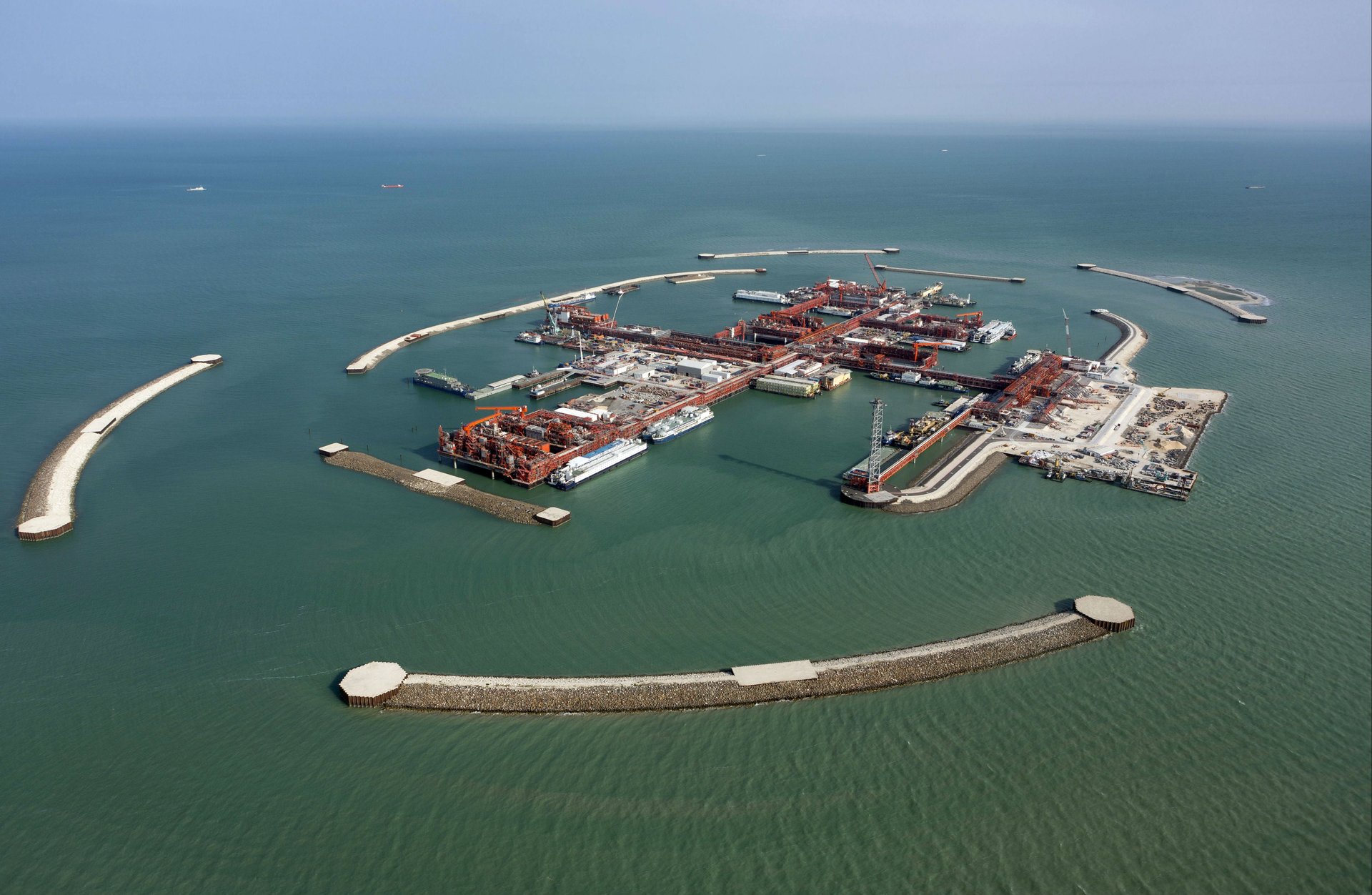Oil-rich dictators promise to stop stealing money. There are just a few conditions…
They are pledging to name names. Oil-producing and mining nations have agreed tentatively to reveal the powerful people behind extraction licenses, the valuable permissions required in most countries to drill for oil and mine for metals. But they won’t have to divulge another key area of corruption and theft—when and where oil and mining profits are spent.

They are pledging to name names. Oil-producing and mining nations have agreed tentatively to reveal the powerful people behind extraction licenses, the valuable permissions required in most countries to drill for oil and mine for metals. But they won’t have to divulge another key area of corruption and theft—when and where oil and mining profits are spent.
Over the last decade, some three-dozen countries and numerous companies have voluntarily signed up for the global program, called the Extractive Industries Transparency Initiative (EITI). Under the agreement, countries like Azerbaijan, Ghana, and Mongolia disclose all revenue they receive from oil and mining companies, which also divulge their payments. The program aims to diminish the so-called resource curse, the theory that oil- and mineral-rich countries tend to squander their wealth, leaving their people largely poor and the nations themselves unstable.
But critics demand more disclosure and say some signatory countries are abusing the initiative, benefiting from a transparency mantle while keeping theft largely intact.
Last week, the initiative’s board met in Lusaka, the capital of Zambia, and voted to bolster the program by requiring governments to disclose who holds active oil and mining licenses. It was among a list of proposals to bolster EITI. “EITI needs to keep up,” said Alexandra Gilles, an expert on the initiative who was part of the working group that drew up the proposals. “A lot of corruption happens around who gets a license, like a minister’s wife who ends up with one.” She said it is not clear whether the new requirement would be able to penetrate the offshore front companies that officials often use to mask their investments.
Oil companies on the board pushed back against a separate proposal to require a breakdown of payments according to specific oil and mining projects, Gilles said. Companies such as ExxonMobil, Chevron, and Shell argue that such disclosure would be illegal in some nations where they work, and could leave them at a competitive disadvantage to state-owned oil drillers that are not EITI signatories. On Oct. 10, the companies’ lobbying arm, the American Petroleum Initiative, filed suit to overturn a similar provision contained in the US Dodd-Frank Act, approved by Congress in 2010.
But within some of the countries themselves, local critics say the initiative will be weak until it requires governments to disclose how they spend oil and mining profits, the stage at which much corruption actually occurs. EITI officials say that the idea would be strongly resisted by the governments, and that some signatories would quit the program rather than agree.
Gilles said a broadening of EITI to include spending would amount to a “parallel system to the budget system,” and that spending is better addressed outside of the initiative. The idea “is being discussed all the time,” she said. “No one thinks that spending isn’t important. It’s just trickier to get at.”
The EITI board is to finalize its new rules in May in Australia.